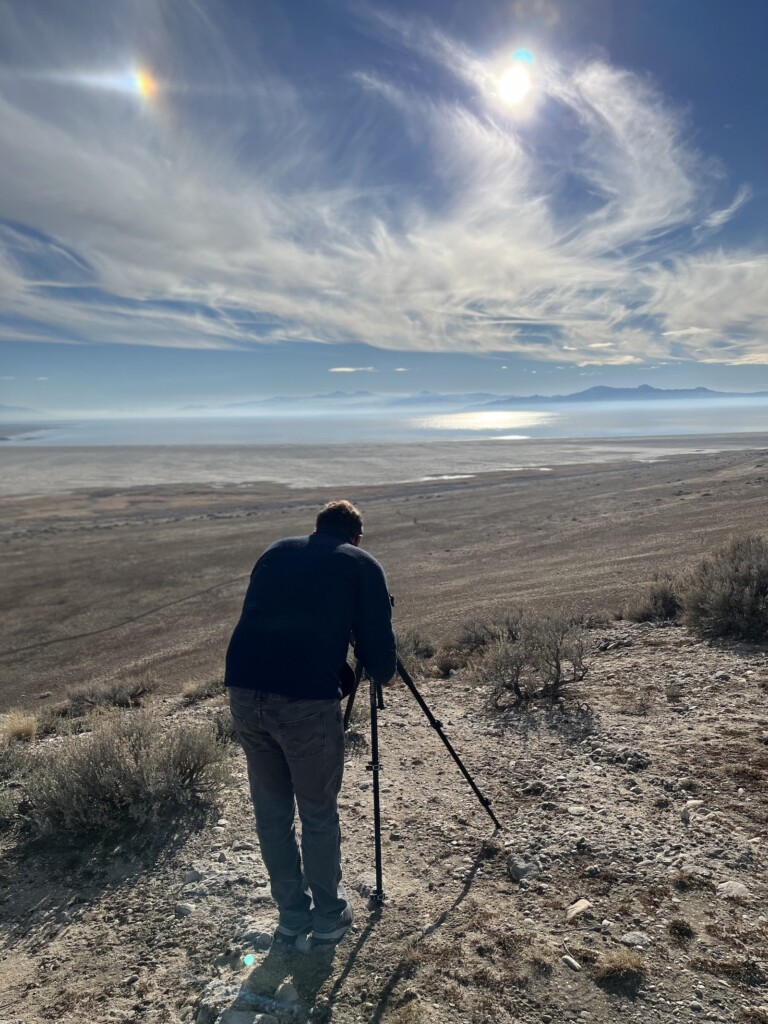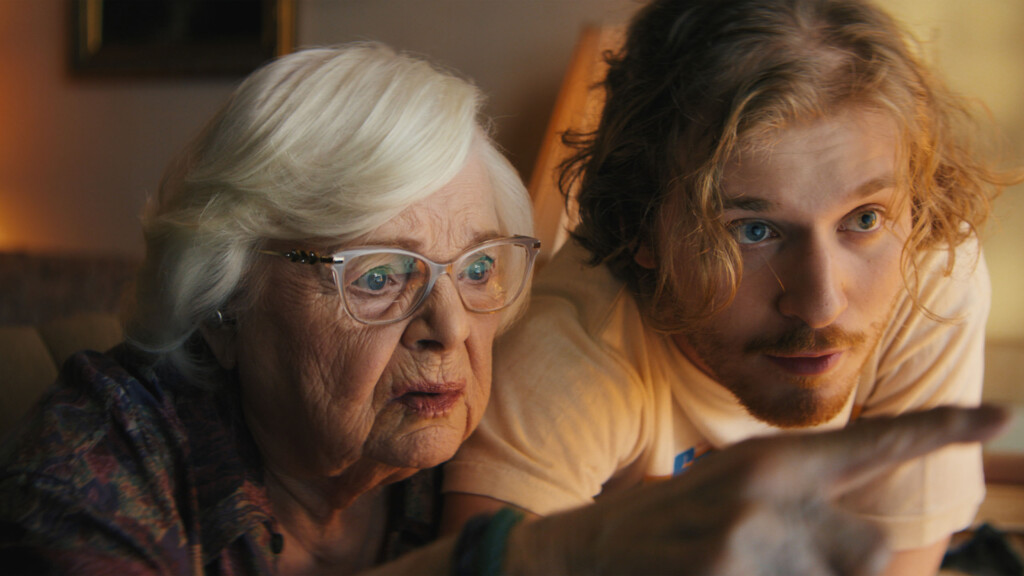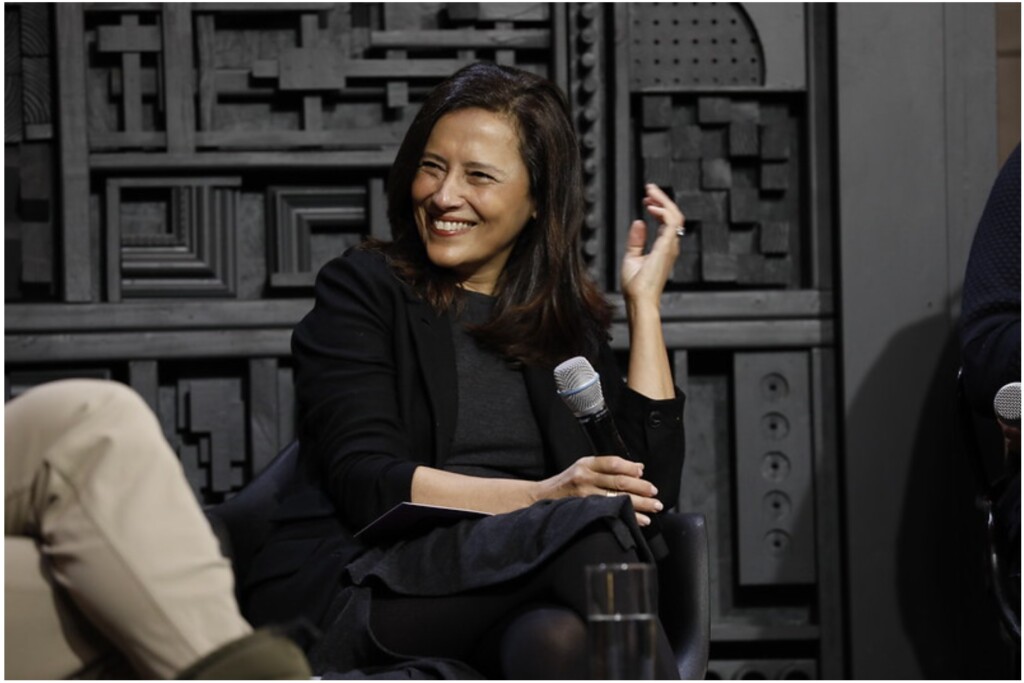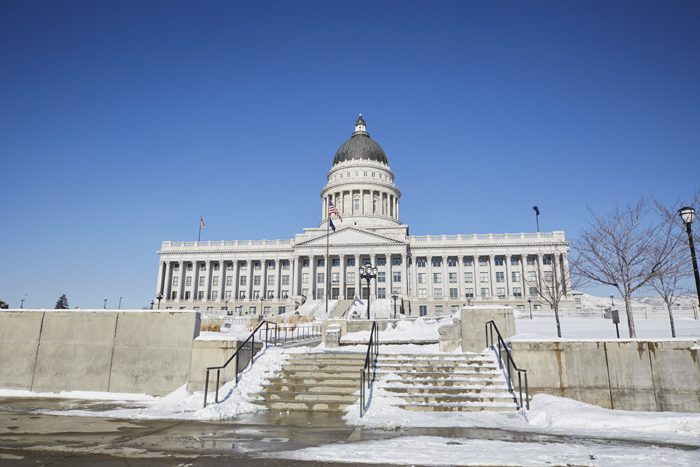
It’s funny – Mormon scripture commands for separation of church and state (Latter-day Saint Doctrine & Covenants 134:9 – “we do not believe it just to mingle religious influence with civil government”). It jives rather well with the religious freedom provision of the First Amendment that safeguards from theocracy.
Amazing, the extent that supposed adherents of Mormonism have violated the holy text.
In recent years, chiefly for fighting gay marriage, but it started when the United States owned territories in antebellum America. Mormons claimed they owned some because… God, if you believe their supposition wasn’t due to “popular sovereignty” but Mormons’ also-recorded belief that the land was theirs because God wanted it for them. And of course, Brigham Young, as governor and prophet simultaneously, sought and usually obtained his will across the state.
Yet, 140 years after Brigham’s death and 121 after Utah became a state, theocracy yet reigns in so many ways. But could Utah, in 2017, get a governor committed to the state but wouldn’t encourage theocracy?
After all, aren’t Mormons supposed to be what many scriptures, including LDS ones, describe as a “peculiar people” or variations of the phrase? (Herbert’s actions are self-fulfilling, yes.) The .05 mark will be the lowest in the nation – that makes the Mormon-heavy state, where the LDS church is headquartered, pretty peculiar.
And that’s aside from all the cultural ways Utah is peculiar, which include the many Mormons observing a health code that include requirements of abstinence from alcohol, mandatory for utmost salvation. And that’s beside legislative action that is as much, like the resolution last year, which Herbert signed, declaring pornography, of which abstinence from is also mandatory for utmost salvation, a public health crisis. Then there are the constant occasions in which the church issues statements on public policies, including those during legislative sessions in which a policy or bill is changed in lockstep with the church’s desire for it. (Last year, it was the church opposing legislation legalizing medical cannabis and making hate crimes… official crimes.)
It’s too bad that the governor and state legislature, through policies like this one and a sagebrush rebellion that caused a key economic driver (outdoor retailers) to leave the state, is making Utah a place unwelcome to environmentalists, tourists and non-Mormons.
Days were better during those of the moderate Gov. Jon Huntsman, Jr. He worked to dispel stereotypes about Mormons and Utah, removing private club laws and endorsing civil unions for gay couples. He made non-Mormons believe that Mormon politicians didn’t despise them after all and may stop the moral-crusader, holier-than-thou mindset and become inclusive, rather than exclusive.
Unfortunately, Huntsman’s lust for notoriety meant that he left state just a few years after he started running it. His two prior U.S. ambassador positions totaled just 29 months. Personally, I’ll never forget learning how much of a politician, an aspirer, Huntsman is. It was the 2013 Herbert inauguration. I was the first person he saw when Capitol elevator doors opened. The same second he walked out and turned his head, seeing me, he said hello and shook my hand, just in case, perhaps, I was someone important. I was an intern.
Herbert’s dedication to aligning Utah with his Mormon church’s characteristics, as indicated in his making .05 the DUI mark, continues to make many aspects of Utah still a theocracy. And in aborting the governorship, Huntsman is proving that he will do anything to appease his appetite for high-profile politics.
It will be a great day when we get a governor who will want to stay physically home yet won’t impose his spiritual home on the other.
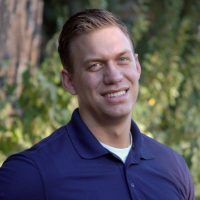
Rhett Wilkinson lives in Centerville. He was a staffer on Herbert’s 2012 re-election campaign and that internship was in the governor’s communications office.


